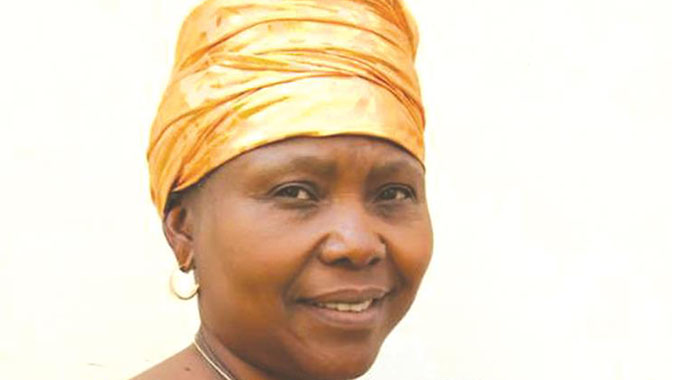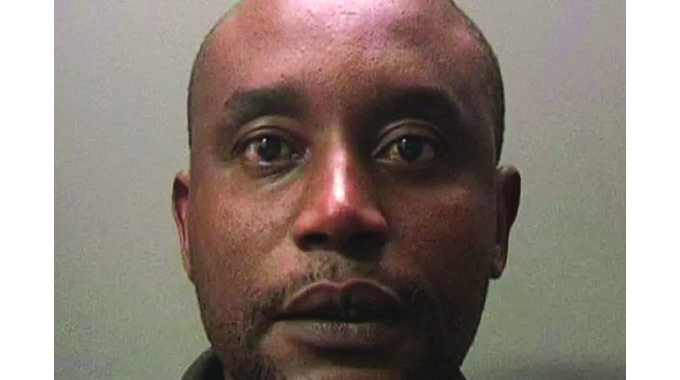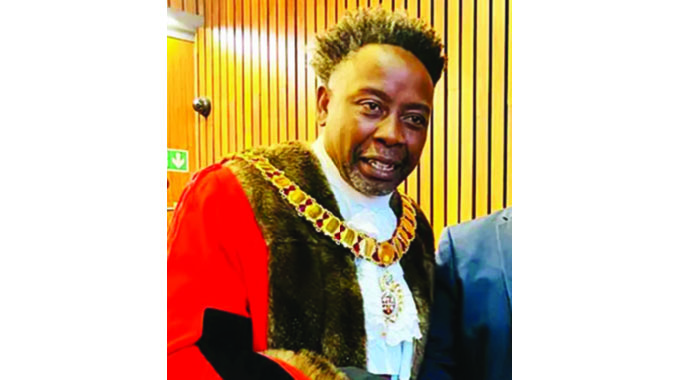Lockdown extensions: Life no longer the same

Tiller Maringa and Tanaka Mahanya
COVID-19 has left some Zimbabweans living and working in the Diaspora worried about their livelihoods as they are not sure if they will be able to keep up with lockdown extensions where they live.
Many countries have been extending lockdowns as coronavirus cases continue to increase globally.
The Herald Features caught up with three Zimbabweans who shared their experiences, fears and hopes.
Kelly Takadiyi (26), who lives and works in Capetown, South Africa, applauded the move by that country’s Government to extend the lockdown as a precautionary measure against the virus.
She is however, worried as to how long they will be indoors.
Takadiyi is a waitress at Saints Restaurant at Bigbay Mall.
She said she had been living comfortably until the stay at home measures were announced.
Her first worry was that during the lockdown, she would not get a salary since it is commission-based.
Secondly, restaurants were ordered to close and she does not know when they will open, and if she will be able to retain her job.
This means she has no income and will not be able to pay her rentals and meet other financial obligations at the moment.
“Our restaurant was already facing challenges due to low traffic,” said Takadiyi.
“A few tourists were coming and we were paid less than before, but at least we were getting something. The closure worsened things.”
Takadiyi said after the announcement of the lockdown by the South African President Cyrill Ramaphosa, they were told to apply for the Unemployment Insurance Fund, but up to now, she has not been fortunate enough to receive any money.
Relief packages, she said, were the only hope left, as there was nowhere they can access funds at the moment.
“I am left with a few food stuffs I had planned would sustain me until the end of the first lockdown,” said Takadiyi. “Soon all the groceries would have run out.”
Takadiyi said her life had been altered drastically.
“It was noble to extend the lockdown because the virus is real,” she said.
“The challenge is we do not know how long we will keep holding up.”
For China- based Zimbabwean musician Whitney Matiyanga, the situation is getting back to normal as businesses are starting to function well.
She recalls how during the lockdown she had no funds between January and March, since they could not hold any shows.
“Music is my main source of income, and without it, I cannot sustain a living,” she said.
The lockdown also delayed production of a video she was supposed to shoot in February. The video will now be recorded later.
“Some of my international tours scheduled for this year have been cancelled and some are being postponed to next year,” she said.
“My brainchild festival , MuFoGwO (Music For Girls and Women), was supposed to launch its first edition this year in December, but has been postponed to next year. We could not source funds due to the Covid-19 pandemic.”
The lockdown, she said, affected those in the diaspora immensely.
She hopes that if all nations unite, the pandemic will come to an end soon.
Tecla Moyo is a student and lives in Essex, United Kingdom, and says since the beginning of the lockdown, her professor had been holding lectures virtually.
“I stay in a small flat and am indoors all the time,” she said.
“I only leave the flat to buy essentials, when necessary. I miss being out and about with my classmates.”
Tecla says she misses her family back in Zimbabwe as being in a foreign land alone is emotionally draining.
“Sometimes I just call my mother who is in Zimbabwe and cry,” said Tecla. “Sometimes I get so scared as the infections here keep growing.”
A number of Zimbabweans in the diaspora have died after being infected with Covid-19.
At least 29 Zimbabweans living in Britain have died of the disease, mostly nurses and other medical staff, according to the Zimbabwean Embassy in London.
In a statement, the Embassy said while it had no official figures it “has been able to gather information from the Diaspora community and religious leaders, cluster leaders, affected individuals and the media, on Zimbabweans who have passed on due to Covid-19”.
Sources in the UK said most of the deceased were nurses and other frontline health workers. Zimbabweans with nursing and medical qualifications have found it relatively easy to legally work in Britain.
Explaining the lack of official figures, the Embassy said: “To date, the Embassy has not received updated information from the host Government on the deaths of Zimbabweans due to Covid-19, understandably because the British government has explained that it is currently seized with implementing measures to contain the pandemic. They have promised to provide detailed information as soon as it is possible.”
The pandemic has so far killed at least 18 738 people in Britain, while in Zimbabwe four have died.









Comments